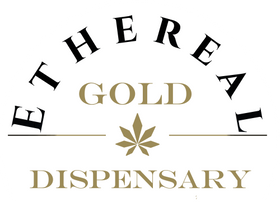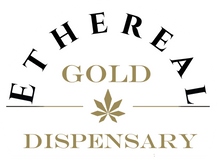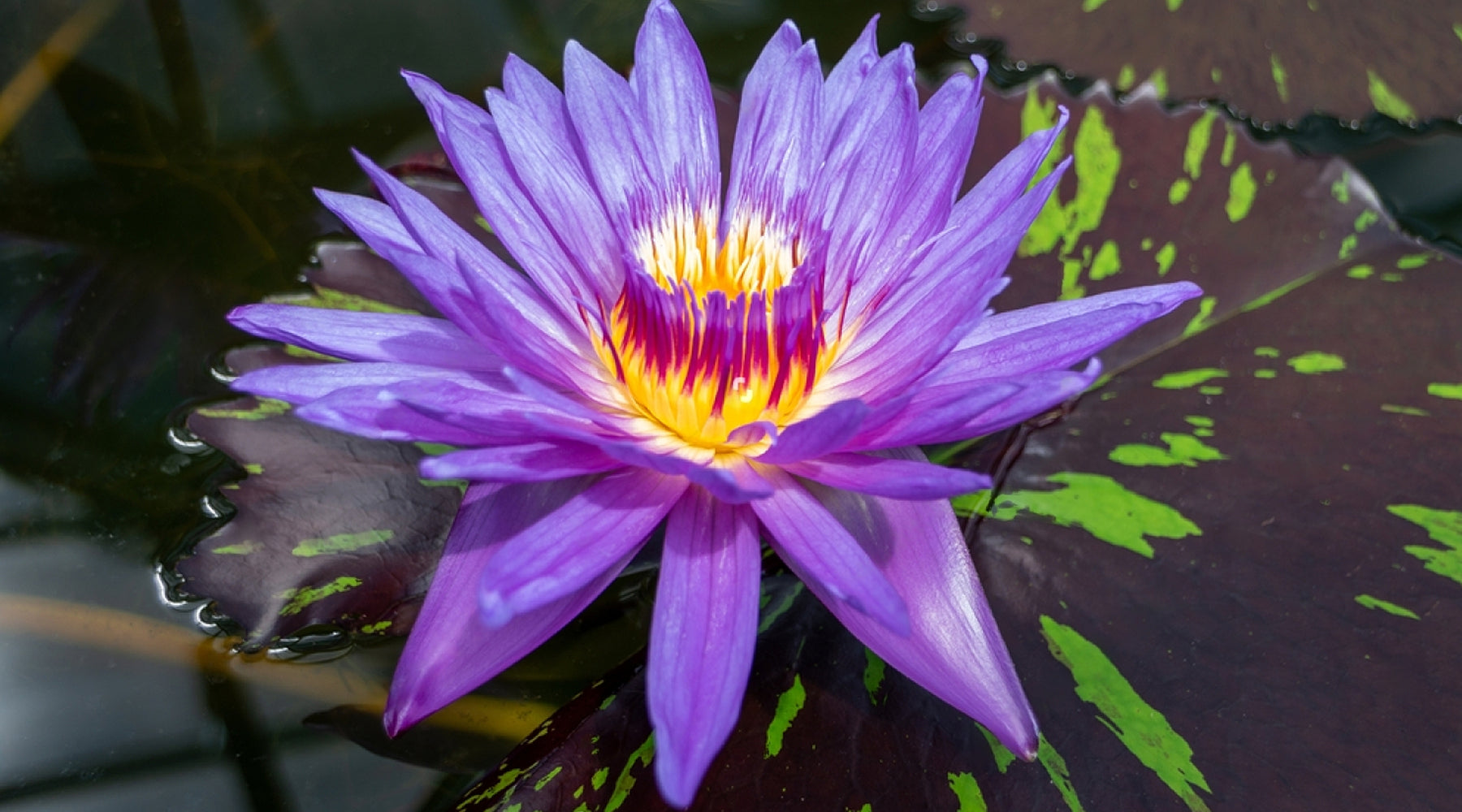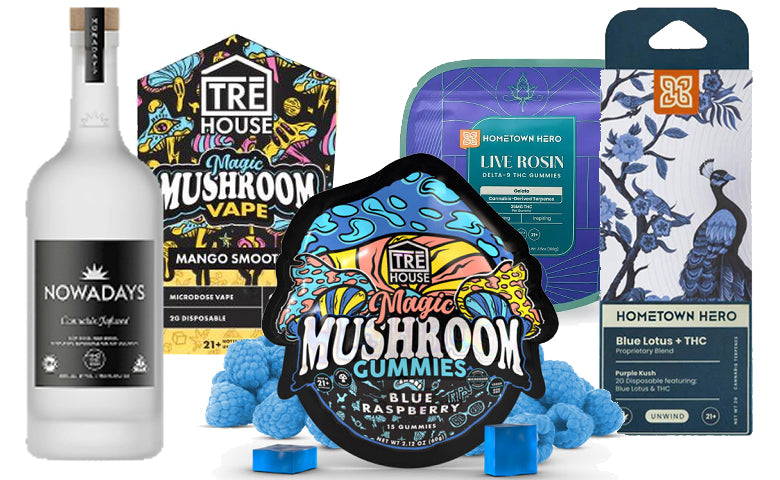The blue lotus flower, scientifically known as Nymphaea caerulea, is a plant that has captured the fascination of many due to its rich history and potential psychoactive properties. Often referred to as the blue Egyptian lotus, blue water lily, or sacred blue lily, this flower has been a topic of interest for both historians and those curious about alternative medicines. But what exactly is the blue lotus flower, and is it safe to use? Let's dive in.
What is Blue Lotus Flower?
The blue lotus flower is a water lily native to Egypt and some parts of Asia. It has been depicted in ancient Egyptian art (found on papyri and tomb walls), suggesting its significance in their culture. Historians believe that ancient Egyptians used it as a form of medicine to treat conditions like anxiety and insomnia.
Interestingly, the blue lotus flower is known as an entheogenic drug, which means it's believed to induce spiritual or religious experiences. This is different from terms like "hallucinogenic" or "psychedelic". The flower contains two primary compounds, apomorphine and nuciferine, which are responsible for its psychoactive and beneficial effects.
-
Apomorphine: This compound can induce feelings of happiness and euphoria. It's also been studied for its potential benefits in treating conditions like Parkinson's disease and erectile dysfunction.
-
Nuciferine: This compound is believed to have antipsychotic properties, inducing feelings of calmness. Its exact mechanisms are still being researched.
Consuming the blue lotus flower can lead to a mild euphoria, with some comparing its effects to that of cannabis. However, reactions can vary from person to person.
In the U.S., while the flower is not approved for consumption, it isn't classified as a controlled substance either. This means it's legal to buy and sell in most states, except Louisiana which has its own state laws against the plant.. Commonly, the flower is consumed as tea, infused in alcoholic beverages, or used in products for smoking or vaping.
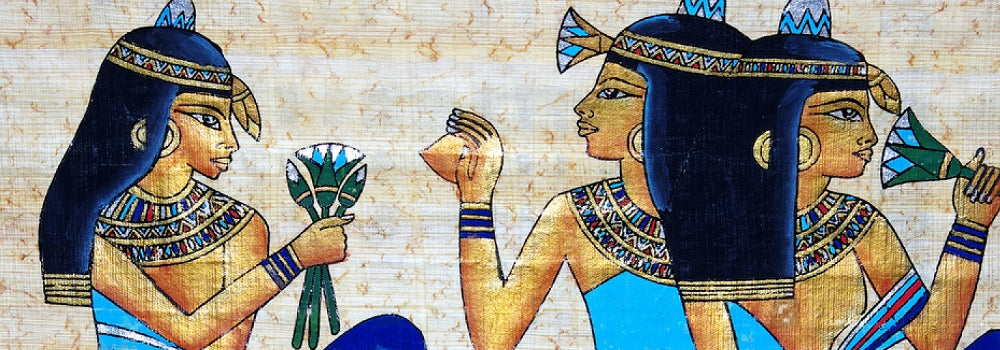
The Potential Benefits of Blue Lotus Flower
Historically, the blue lotus flower has been used both recreationally and medicinally. Advocates claim it can improve sleep, reduce anxiety, assist with erectile dysfunction, and act as a natural aphrodisiac. While these claims are widespread, direct scientific evidence supporting them is limited.
However, the flower does contain antioxidants like flavonoids, quercetin, kaempferol, and myricetin. Antioxidants are essential for combating free radicals in the body, which can lead to cellular damage. Diets rich in antioxidants have been linked to a reduced risk of chronic diseases like heart disease, diabetes, and certain cancers.
The Drawbacks and Downsides of Blue Lotus Flower
The blue lotus flower's psychoactive properties have led to debates about its legality and safety. The FDA does not regulate these products, but it's not classified as a controlled substance in the U.S. — making it legal to purchase in most states.
Given the limited research on its effects and safety, it's crucial to consult with a healthcare provider before trying the blue lotus flower. It's especially important for pregnant or breastfeeding individuals and children to avoid it due to the lack of safety data.
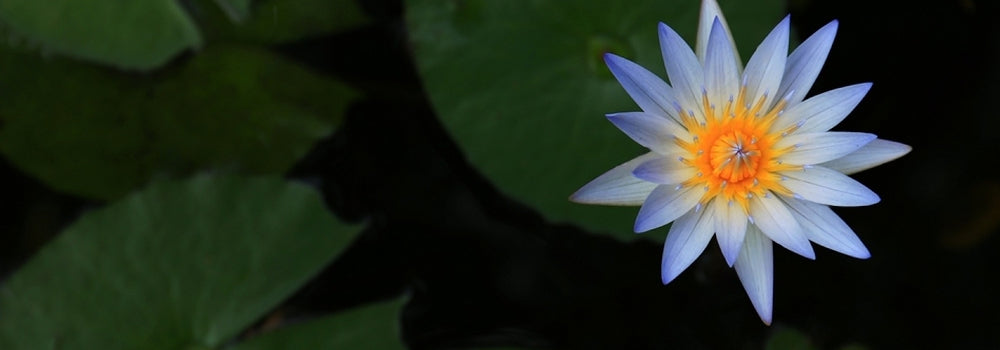
Common Uses of the Blue Lotus Flower
There are various ways to consume the blue lotus flower:
- Blue Lotus Tea: Add 3-5 grams of dried flowers to hot water and steep for 5-10 minutes.
- Smokables: Dried flowers can be rolled and smoked.
- Vapes: Finely ground flowers or extracts can be added to a vape blend.
- Alcoholic beverages: Some infuse the flower in wine or spirits.
- Massage and essential oil: The flower's oil can be used for massages or inhaled via diffusion.
Blue Lotus Flower Overview
The blue lotus flower has a rich history, especially in ancient Egyptian culture. Today, it's often sought after for its potential medicinal and psychoactive properties. However, with limited scientific evidence supporting its benefits and concerns about its safety, it's essential to approach its use with caution and seek guidance from healthcare professionals.
If you are interested in a blue lotus product for smoking or vaping, be sure to find a full panel lab test for the product before purchasing! These lab tests will show the potency of the vape blend as well as that it is free from any harmful containments that come from the process of manufacturing any extracts or isolates.
While Ethereal Gold Dispensary does not currently carry blue lotus flower products, you may enjoy some of our fully panel tested cannabis products in the meantime! Be certain to subscribe to our newsletter to be notified if we do begin carrying blue lotus flower products! In the meantime, be certain to use the code OCTOBERBLOG for 10% off an order!
FAQ
What is the Blue Lotus Flower?
The blue lotus flower, also known as Nymphaea Caerulea, is a water lily native to Egypt and parts of Asia. Historically significant in ancient Egyptian culture, it's believed to have been used as a form of medicine. The flower contains two main compounds, apomorphine and nuciferine, which are responsible for its psychoactive and medicinal effects.
Is the Blue Lotus Flower legal to use?
In the U.S., the blue lotus flower is not approved for consumption but isn't classified as a controlled substance either. This means it's legal to buy and sell in most states, except for Louisiana. However, always check local and federal laws before purchasing or consuming.
What are the potential benefits of the Blue Lotus Flower?
Advocates claim that the blue lotus flower can improve sleep, reduce anxiety, assist with erectile dysfunction, and act as a natural aphrodisiac. It also contains antioxidants that combat free radicals in the body. However, direct scientific evidence supporting these claims is limited.
Are there any downsides or risks associated with the Blue Lotus Flower?
Due to its psychoactive properties, there's a debate about its safety. The FDA does not regulate these products, but it's not a controlled substance.
How can one consume the Blue Lotus Flower?
The flower can be consumed in various forms, including tea, smoking, vaping, alcoholic beverages, and as massage or essential oil. However, due to the unknown safety and lack of standard dosage recommendations, it's crucial to follow package instructions and consult a healthcare provider.
